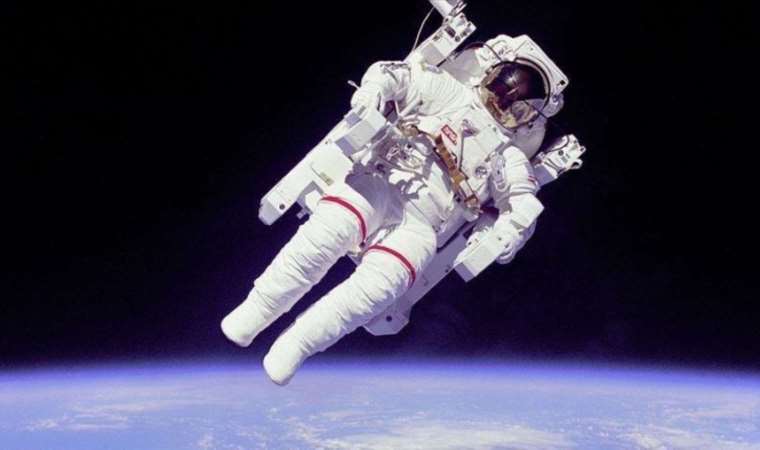What would happen if oxygen disappeared for 5 seconds?
In a scenario that might seem like a page from a science fiction novel, experts have delineated the dire consequences of Earth losing its oxygen supply for a mere five seconds. This revelation has simultaneously captivated and alarmed the public, highlighting the indispensable role oxygen plays in our daily existence.

In a scenario that might seem like a page from a science fiction novel, experts have delineated the dire consequences of Earth losing its oxygen supply for a mere five seconds. This revelation has simultaneously captivated and alarmed the public, highlighting the indispensable role oxygen plays in our daily existence.
Andrew Cote, a scientist affiliated with the University of British Columbia, has provided valuable insights into this extreme hypothetical scenario, as documented by The Independent. Here's what would transpire in this hypothetical five-second emergency:
Immediate Sunburn Peril: The Ozone layer, predominantly comprised of molecular oxygen, shields us from the Sun's harmful UV radiation. If this protective layer were to momentarily vanish, it would result in immediate sunburn for all exposed to the Sun.
Engine Stall: Combustion engines, reliant on oxygen for operation, would come to a standstill. While this may be a minor inconvenience for those idling at traffic lights, it would pose a significant problem for individuals on airplanes or bustling highways.
Spontaneous Metal Bonding: Astonishingly, unjoined metal surfaces would spontaneously fuse due to their oxidation layers. In the absence of oxygen, these surfaces would meld together.
Inner Ear Rupture: The abrupt drop in air pressure would lead to the rupture of the inner ear, causing hearing impairment for all.
Endangered Concrete Structures: Concrete edifices, reliant on oxygen for structural integrity, would lose their rigidity.
Geoffrey Widdinson, a Process Engineer hailing from Texas, further expounded that the lack of oxygen would likely go unnoticed since our bodies primarily detect elevated carbon dioxide levels. The consequences of this event would be surprisingly uneventful, except for the simultaneous stalling of numerous vehicles.
However, the most unsettling revelation stems from Khannan Sundar, a Computer Science major from BITS Pilani in India. Sundar elaborated that following the five-second oxygen deprivation, a massive explosion would occur as a result of the ocean's transformation into hydrogen through oxidation. Subsequently, there would be a short but intense period of extreme cold, followed by a catastrophic event resembling the Big Bang.
Public reaction to this information has been diverse. Some have expressed fascination and trepidation regarding the potential consequences, while others have found the scenario disconcerting and thought-provoking.
While the likelihood of such an extreme scenario is exceedingly remote, it serves as a poignant testament to the essential role that oxygen plays in our existence and the possible consequences of its absence, even if only for a brief five-second interval.


